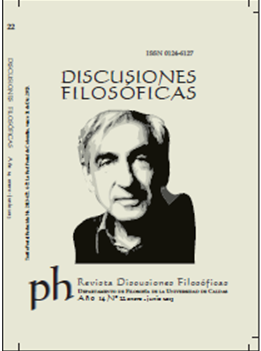Authors
Abstract
I finished a first draft of this article in 1999, just before the NATO bombing campaign against Serbia began - a campaign that offered a striking example of the failure of international society. A double failure in that case: its political agencies were not able to respond in a timely fashion to the disaster of the former Yugoslavia, and then they were not able to find a more immediately effective form of military intervention. The problem both times wasn't one of organization but of political will, and I won't have much to say here about how to solve it. No doubt there are organizational structures that lend themselves to strong action in a crisis. But these structures can as easily produce reckless and cruel acts as wise ones, and so we need to limit their powers. And then, properly limited, they may not act at all. This dilemma is an old one; it arises as often in economic as in political and humanitarian crises; and my way of dealing with it - which, as readers will see, is to multiply structures and agents in the hope that somewhere, somehow, someone will do the right thing - will certainly seem inadequate. I concede immediately that I cannot produce an organizational chart showing how a decision to act rightly in international society would be deliberated, decided, and then resolutely carried out. There is no solution of that kind; we have to think instead of political arrangements as if they were strategies - for avoiding as well as for coping with crises. That's what I will try to do; doing it doesn't answer to the urgency of the daily news, but these days nothing could answer.
Keywords
References
---. “Truth and practice concerning the common saying: This may be true in theory but does not apply to practice.” Friedrich, Carl J. (ed.). The Philosophy of Kant. New York: Random House (The Modern Library), 1949. Print.
---. “Eternal Peace” (also known as “Perpetual Peace”). Friedrich, Carl J. (ed.). The Philosophy of Kant. New York: Random House (The Modern Library), 1949. Print.

 PDF (Español)
PDF (Español)
 FLIP
FLIP

























